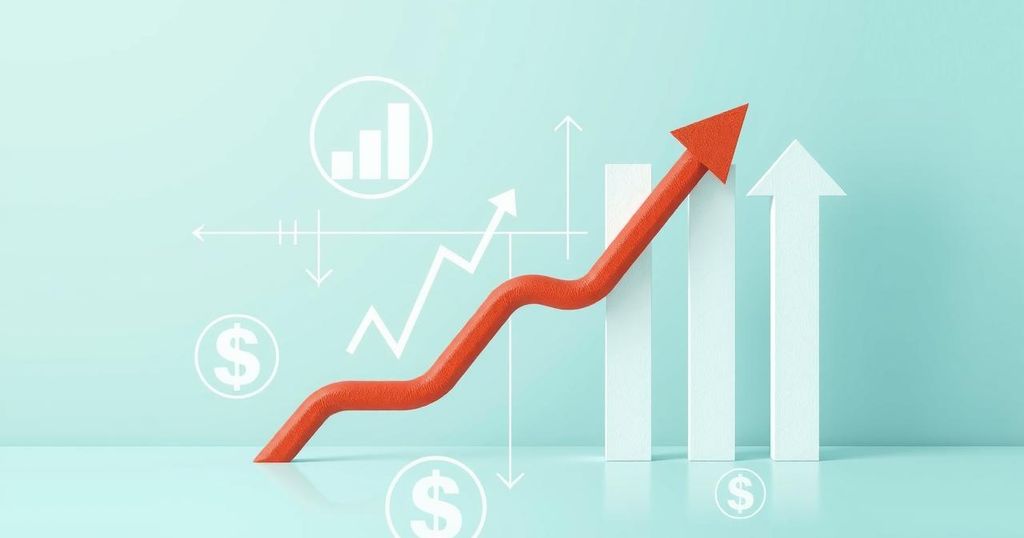Nigeria’s Inflation Rate Declines to 23.2% Following CPI Rebasing

Nigeria’s inflation rate decreased to 23.2% in February, down from 24.5% in January. This marks the second monthly decline following a rebasing of the Consumer Price Index by the NBS, which also expanded the inflation basket. The updated methodology aims to better reflect current household spending patterns and economic conditions.
Nigeria’s inflation rate experienced a decrease for the second consecutive month, reaching 23.2 percent in February, down from 24.5 percent in January. This decline follows the implementation of a new methodology by the National Bureau of Statistics (NBS) for calculating the Consumer Price Index (CPI). The updated CPI data reflected a significant drop from the previous rate of 34.8 percent to 24.48 percent, indicating a notable easing of inflationary pressures.
The NBS undertook this rebasing exercise to offer a more accurate reflection of current household spending patterns and to revise the inflation basket’s composition. As part of this process, the base year for price references was shifted from 2009 to 2024, and the inflation basket was expanded from 740 to 960 items. This update was warranted due to the considerable price pressures that characterized the referenced period.
The changes adopted by the NBS aim to enhance the accuracy and relevance of the inflation data published, responding to the dynamic economic conditions. The move to set 2024 as the new base year is particularly important given the ongoing challenges in Nigeria’s economic landscape.
In summary, Nigeria’s inflation rate has declined to 23.2 percent as of February, marking the second consecutive decrease. The adjustment of the methodology used by the National Bureau of Statistics, including the rebasing of the Consumer Price Index and an expansion of its basket, is anticipated to provide a clearer view of economic dynamics and household spending trends moving forward.
Original Source: businessday.ng








